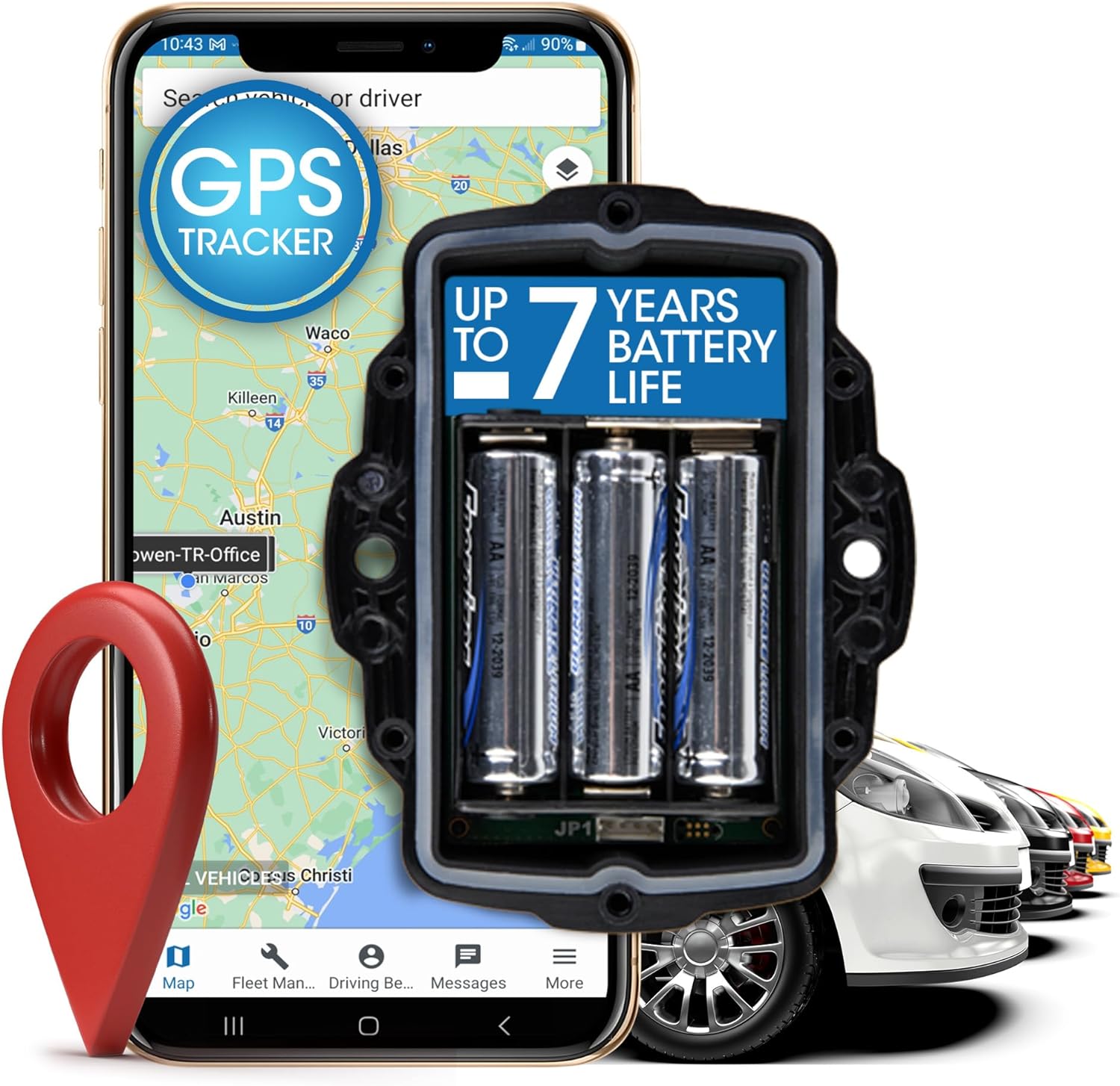Recognizing GPS Tracking: Innovation, Applications, and Advantages
Recognizing GPS Tracking: Innovation, Applications, and Advantages
Blog Article
Browsing the Future of GPS Monitoring: Advancements, Obstacles, and Opportunities Ahead
As we stand at the crossroads of societal implications and technological advancements, the landscape of general practitioner monitoring is positioned for a transformative trip ahead. The evolution of GPS modern technology has actually been fast, ushering in a new era of real-time monitoring capabilities that guarantee unprecedented degrees of precision and efficiency. With terrific advancement comes great obligation, as information privacy worries loom large and security difficulties in GPS monitoring raise essential concerns concerning safeguarding sensitive info. Yet, among these challenges exist covert chances waiting to be discovered, providing a peek into the untapped potential of a market at the verge of modification.
Advancement of GPS Modern Technology
Developed for military functions, General practitioner modern technology has progressed to become a common tool in different fields, including transport, logistics, farming, and individual navigation. Early General practitioner systems were characterized by limited insurance coverage, lower accuracy, and bulkier hardware demands.
One trick turning point in the evolution of GPS technology was the development of Discerning Availability (SA) in the 1990s, which purposefully weakened the precision of civilian General practitioner signals. As General practitioner technology proceeds to progress, we can expect further improvements in precision, coverage, and effectiveness, opening up new opportunities for innovation and applications throughout numerous industries.
Real-Time Tracking Improvements
Building on the innovations in GPS modern technology that have actually reinvented accuracy and coverage, real-time monitoring has actually become a pivotal area of innovation with profound effects throughout numerous fields. Real-time tracking developments make it possible for organizations and services to keep an eye on cars, personnel, and properties instantly, offering important insights for decision-making processes - gps tracking. By leveraging real-time data, firms can boost operational effectiveness, enhance client service, and guarantee the security and safety of their properties
One of the key developments in real-time tracking is the assimilation of artificial knowledge and equipment discovering formulas, which allow predictive analytics and anomaly detection. These capabilities permit positive maintenance scheduling, path optimization, and danger mitigation methods. Moreover, the advancement of real-time radar has actually led to the development of mobile applications and personalized control panels, equipping individuals to access essential information anytime, anywhere.
Data Personal Privacy Issues
Data personal privacy issues encompass various aspects, consisting of the storage space, sharing, and retention of location data. Organizations need to implement durable safety steps to protect general practitioner tracking data from cyber dangers and data violations. Transparent policies regarding data collection techniques and the function of monitoring are vital to develop depend on with consumers and make certain conformity with information security policies.
Protection Challenges in GPS Tracking
Addressing information personal privacy worries in GPS tracking is intricately linked to minimizing the safety and security tests that arise from possible vulnerabilities in the innovation. One of the key protection obstacles in GPS monitoring is the danger of unapproved access to delicate area information.

One more security challenge is the capacity for obstructing or spoofing General practitioner signals. Executing robust file encryption, authentication procedures, and signal confirmation protocols are crucial actions in dealing with these safety difficulties in GPS monitoring.
Arising Opportunities in the Market
The blossoming field of general practitioner monitoring innovation presents a myriad of appealing chances for industry growth and development. One vital possibility depends on the development of GPS monitoring applications past conventional industries. Industries such as logistics, transport, and fleet monitoring have actually been early adopters of general practitioner innovation. Arising possibilities are currently arising in areas like healthcare, agriculture, and environmental surveillance. General see here practitioner monitoring can transform patient care by enabling remote tracking of important indications and making sure timely clinical support. In farming, general practitioner technology can enhance plant monitoring methods and enhance general return. Environmental tracking can profit from GPS tracking by enabling real-time information collection for climate research and preservation initiatives.
Another considerable opportunity in the GPS monitoring sector is the assimilation of advanced analytics and synthetic knowledge. By leveraging these innovations, businesses can get valuable insights from GPS information to boost operational effectiveness, enhance decision-making processes, and offer customized services to customers. Additionally, the enhancing demand for linked gadgets and IoT services offers a ripe possibility for general practitioner monitoring business to expand their offerings and produce cutting-edge solutions that deal with an extra connected world. By profiting from these emerging opportunities, general practitioner monitoring companies can position themselves for continual development and success in the vibrant landscape of the industry.
Final Thought
In verdict, the future of General practitioner monitoring is marked by continual development and technology in modern technology. As the market moves forward, browsing these challenges will be critical to ensure the continued growth and success of GPS monitoring modern technology.
With excellent innovation comes great responsibility, as data personal privacy concerns impend big and safety challenges in GPS monitoring raise essential concerns about securing delicate details.With the rapid proliferation of General practitioner tracking innovation in different sectors, dealing with information personal privacy worries has ended up being a vital necessary for both services and customers alike. The collection of location information via GPS tracking elevates significant privacy problems, as it makes it possible for the monitoring of people' actions and movements. Organizations using GPS tracking must prioritize safeguarding this information to protect against unauthorized access or misuse that might compromise check out here individuals' privacy civil liberties.
Businesses need to carry out durable safety procedures to protect GPS tracking data from cyber threats and data breaches.
Report this page